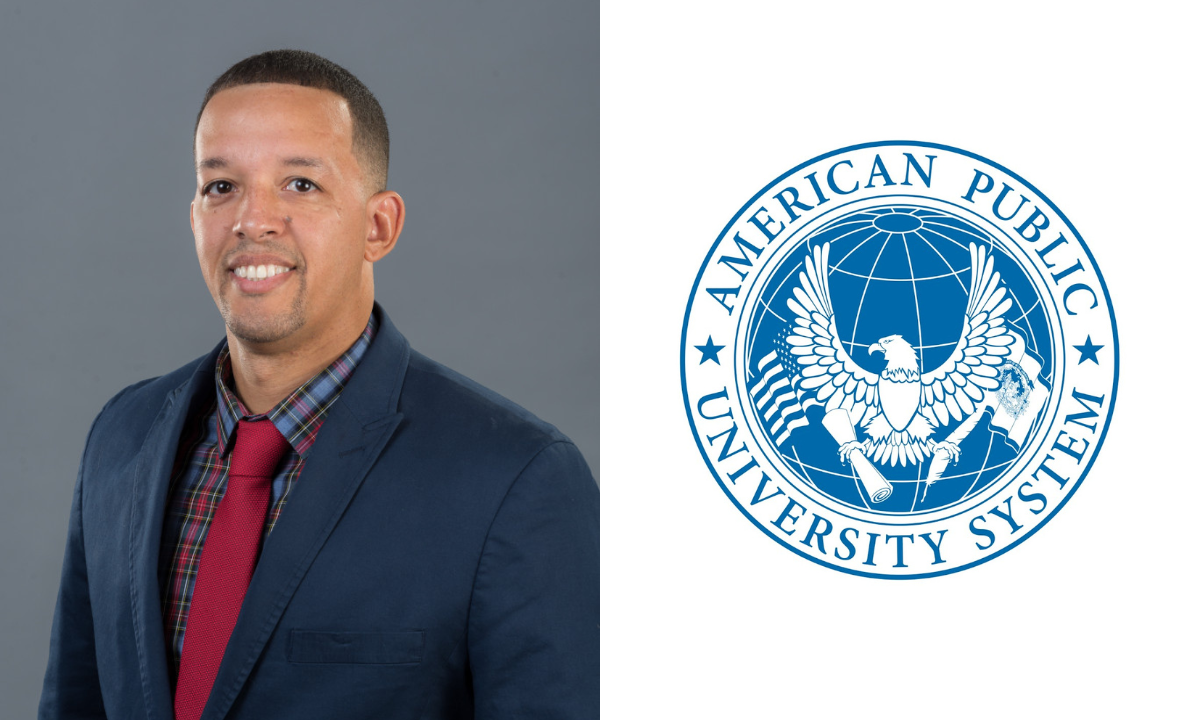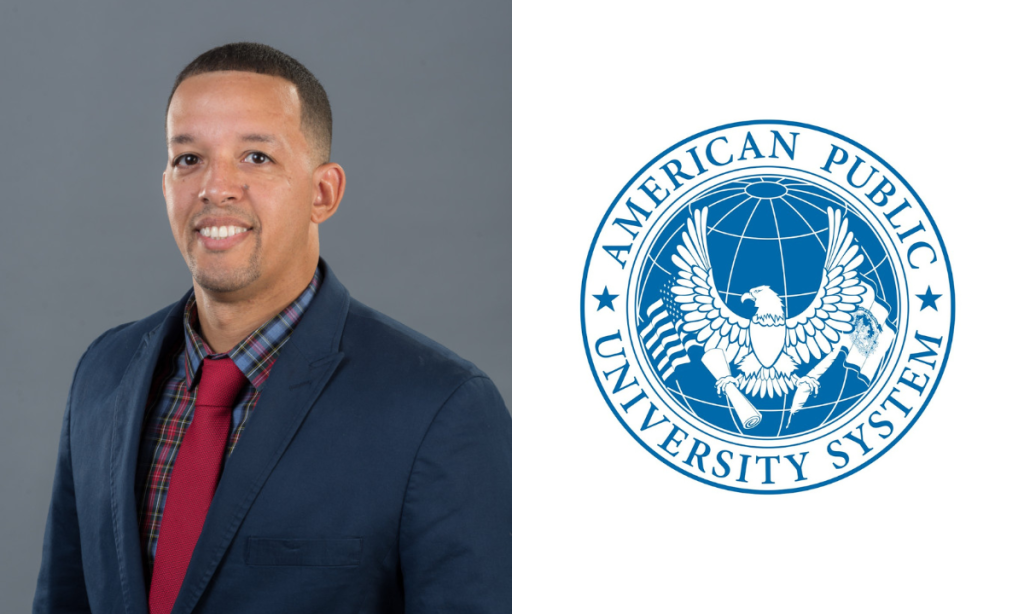Notifications
ALL BUSINESS
COMIDA
DIRECTORIES
ENTERTAINMENT
FINER THINGS
HEALTH
MARKETPLACE
MEMBER's ONLY
MONEY MATTER$
MOTIVATIONAL
NEWS & WEATHER
TECHNOLOGIA
TV NETWORKS
VIDEOS
VOTE USA 2026/2028
INVESTOR RELATIONS
COMING 2026 / 2027
ALL BUSINESS
COMIDA
DIRECTORIES
ENTERTAINMENT
FINER THINGS
HEALTH
MARKETPLACE
MEMBER's ONLY
MONEY MATTER$
MOTIVATIONAL
NEWS & WEATHER
TECHNOLOGIA
TV NETWORKS
VIDEOS
VOTE USA 2026/2028
INVESTOR RELATIONS
COMING 2026 / 2027
About Me
 Latinos Media
Latinos Media Latinos Media provides all types of news feeds on a daily basis to our Members
Posted by - Latinos Media -
on - July 15, 2023 -
Filed in - Esports -
-
728 Views - 0 Comments - 0 Likes - 0 Reviews

 (ESI Illustration) Image credit: American Public University System
(ESI Illustration) Image credit: American Public University System
Even before the COVID-19 pandemic, the esports industry was accustomed to remote work, with teams and tournament organisers often working together despite being in different regions. In a post-pandemic world, many universities are joining suit to offer online education options, as a majority of Americans rate such programmes as the same or better than in-person classes, with the numbers growing since the pandemic.
Esports degrees are riding a wave of popularity in the US. Students can even enrol in esports scholarships by playing varsity esports in Overwatch, Fortnite or Rocket League, for example. Despite criticisms from some stakeholders, esports degree programmes that incorporate sports management and offer networking opportunities can prime students for opportunities in the industry.
Additionally, the prospect of a degree that takes a fraction of the time as traditional four-year programmes is possibly something that could help both students and educators. It would give students more time to work in the ‘real world’ of esports where they can focus on gathering skills and experience, while at the same time getting the benefits of a formal education.
American Public University System (APUS) — which includes American Military University (AMU) and American Public University (APU) — has launched a relatively new esports programme that aims to be affordable and provide students with the knowledge to start their esports careers — all while not taking years to finish. Esports Insider spoke with the institution to learn more.
According to APUS’ Esports Coordinator, Craig Skilling, the fact that APUS programmes are remote aligns perfectly with the online nature of esports. APUS currently offers a bachelor’s degree with two separate tracks: one focused on coaching, and the other on management for teams and organisations. The first track focuses on training future esports coaches that can work in middle school, high school and professional esports, while the second focuses on the management side, which is more widely applicable to business.
“APUS has courses in Esports media production and casting as a whole, so they [the students] are able to see that content side of the industry; we also have the business side of the industry, with more of a management emphasis that focuses on team operations like owning or operating an Esports organisation or professional team,” Skilling said. “We have capstone courses that allow online students to take what they’ve learned and apply it in the industry.”
Compared to competitors, APUS is affordable, opening it up as an option for students from a wide range of financial backgrounds. Skilling noted that the university’s esports curriculum is one of the most affordable degree programmes available in the country.
 APUS is headquartered in Charles Town, West Virginia, but its classes are online.
APUS is headquartered in Charles Town, West Virginia, but its classes are online.
An interesting perk for students that enrol into any APUS course is the institution’s Esports Club, which is a free student club focused on community gaming and esports industry opportunities.
Skilling said that the APUS student population consists of a large number of military members, based all around the world — and a large number of them are avid gamers. Gaming, for military members, is a therapeutic activity, so having an organised club that caters to gamers was a logical move for APUS.
Given that APUS is an entirely online university, its esports department is its athletic programme. Skilling said that one of his goals is to continue building a competitive team; there are a large number of former military personnel that enrolled at the university that were high-ranked gamers in different titles. These players then tend to help others in the programme through coaching and strategy.
The University also helps students interested in esports by connecting them to prominent figures in the industry so that students can network and experience real-world projects early in the programme.
The end goal for the Esports Club is to have teams that compete in varsity esports leagues in the US. Skilling said that right now, the APUS teams often play friendly matches against other institutions, but if they could do this consistently and competitively, he would be interested in starting a ‘real’ varsity collegiate programme.
“Obviously, there are some logistical challenges,” he said. “There is the issue of how do you meet with the players and work with them consistently, and also the fact that some may be actively serving abroad in the middle of a varsity season.”
The esports degree at APUS was launched in 2022, and the programme is now seeing its first students take on their capstone projects — hands-on projects that put students’ skills to the test. After the capstone course, the students will enrol in an externship class, which can be virtual or in-person. Skilling noted that one of his students, a keen entrepreneur, is now operating his own LAN centre in Atlanta, Georgia, who Skilling is working with to improve his business model.
Esports — like academia in general — is not a one-stop approach, according to Skilling. APUS educates students on the benefits of esports in an attempt to grow the industry on all levels, starting at the grassroots all the way to the professional level.
Supported by American Public University System